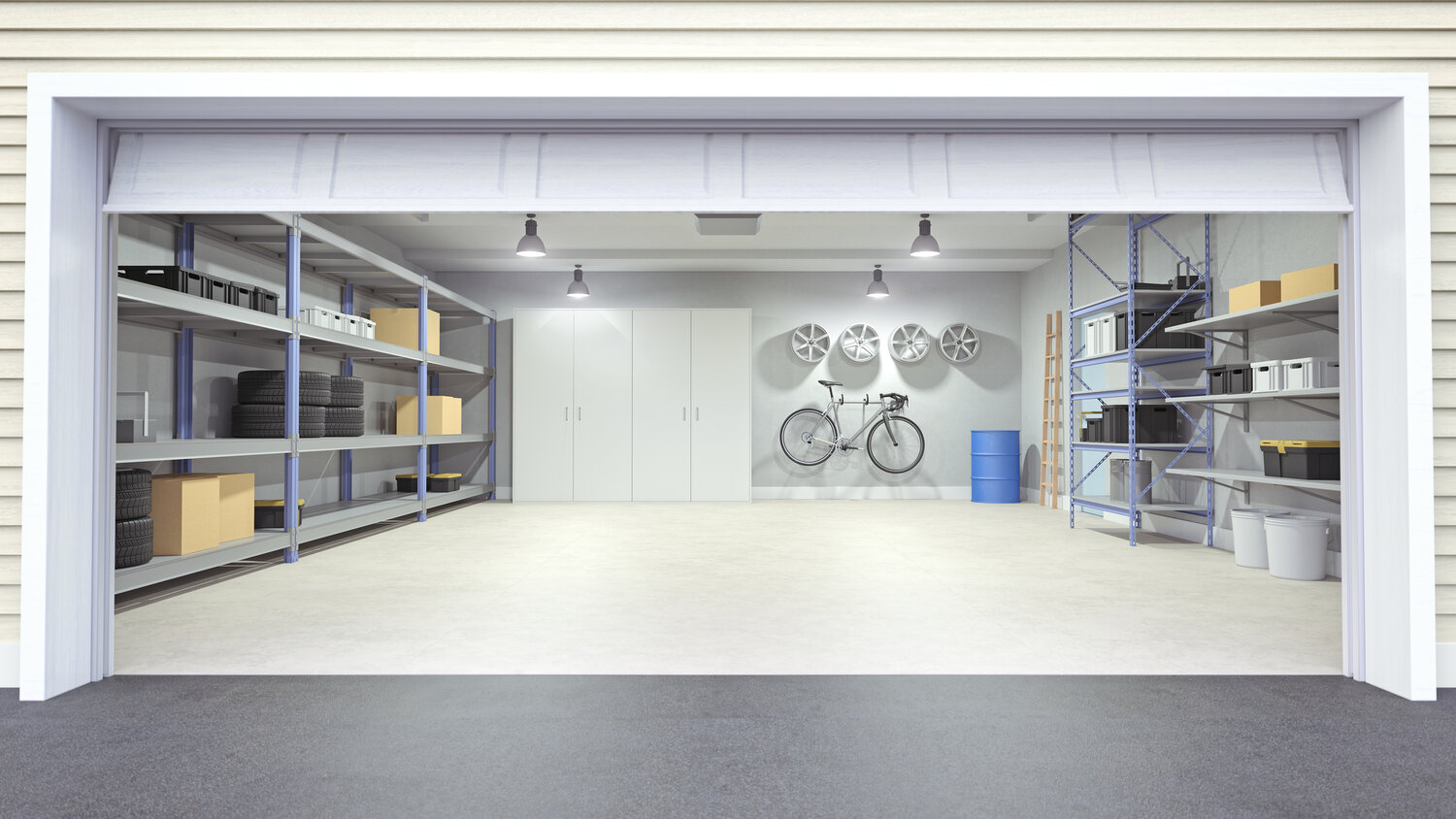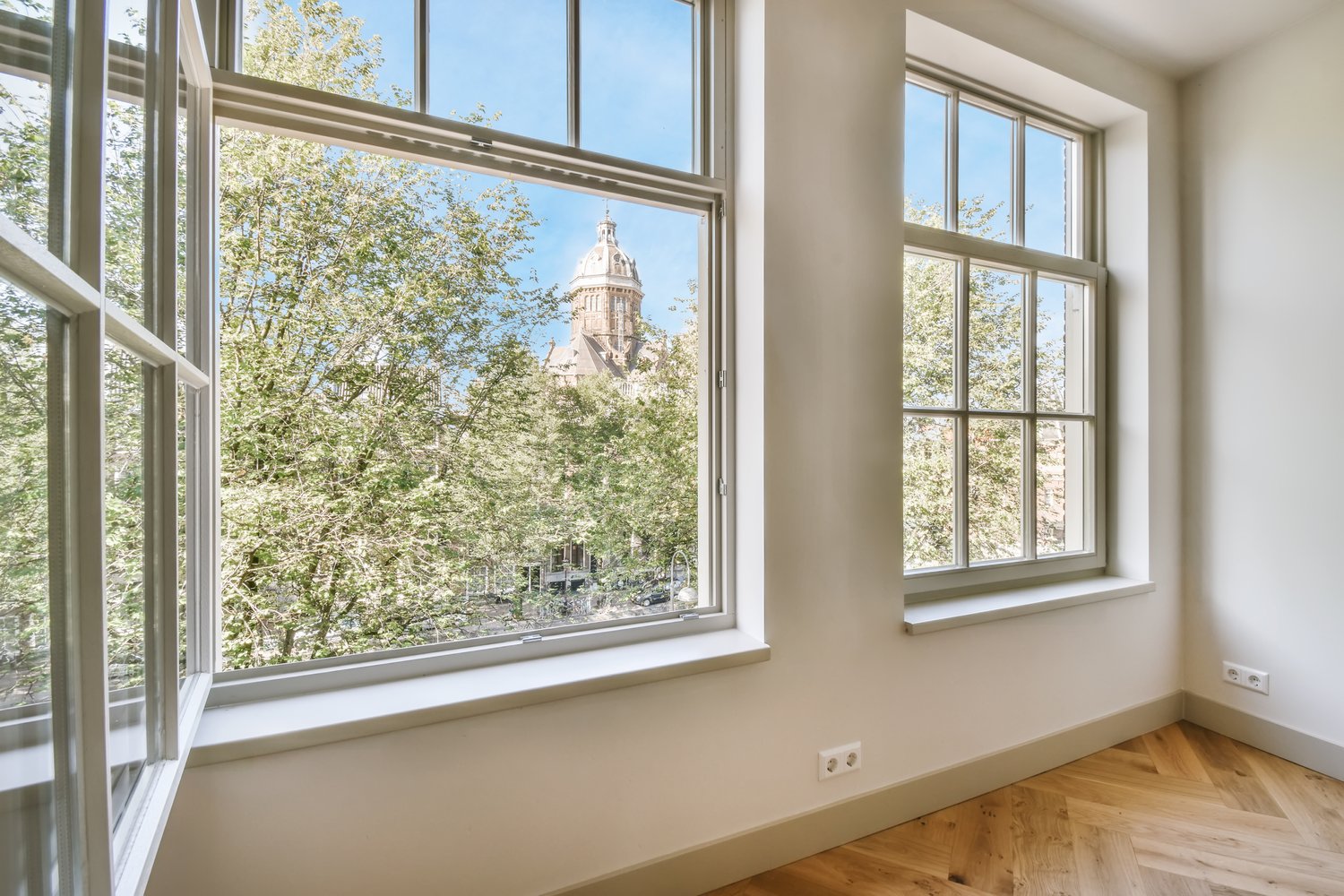Your garage floor endures significant abuse from vehicle traffic, chemical spills, tools dropping, and seasonal temperature changes. Choosing the right garage flooring option not only enhances the appearance of your space but also provides practical benefits like easier cleaning, improved durability, and increased home value. This article examines various garage floor coatings and coverings, comparing their durability, appearance, maintenance requirements, and installation processes to help you determine which solution best fits your needs and budget.
Epoxy Garage Floor Coatings
Epoxy garage floor coatings remain one of the most popular choices for homeowners seeking durability and a professional appearance. This liquid-applied coating creates a hard, chemical-resistant surface that bonds directly to your concrete floor. High-quality epoxy systems typically consist of a primer coat, one or two base coats, and a clear topcoat that provides additional protection and shine. The resulting surface resists oil stains, gasoline spills, road salt, and most household chemicals.
Installation of an epoxy garage floor requires thorough preparation of the concrete surface, including cleaning, degreasing, and often acid etching or grinding to ensure proper adhesion. While DIY epoxy kits are available, professional installation often yields superior results with fewer application issues. Properly installed epoxy floors can last 10-20 years, though they may require occasional touch-ups in high-traffic areas.
One consideration with epoxy is that it requires 72 hours or more of curing time before you can drive or place heavy items on the surface. Additionally, while epoxy is considered the best garage floor coating by many professionals, it can become slippery when wet unless anti-slip additives are incorporated into the topcoat.
Polyaspartic and Polyurea Coatings
For those seeking the durability of epoxy with faster installation time, polyaspartic and polyurea coatings offer compelling alternatives. These advanced coatings cure much faster than traditional epoxy—often ready for use within 24 hours. They also demonstrate superior UV resistance, preventing the yellowing that can occur with some epoxy systems.
These coatings typically cost more than standard epoxy systems but offer enhanced durability, flexibility, and temperature tolerance. The rapid curing time makes them ideal for homeowners who can’t leave their garage empty for several days during installation. However, the quick curing time also means professional installation is strongly recommended, as DIY application leaves little room for error.
Interlocking Garage Floor Tiles
Garage floor tiles provide a modular approach to garage flooring with several distinct advantages. These interlocking tiles come in various materials including rigid PVC, polypropylene, and rubber composites. Their modular nature allows for creative design patterns and colors while providing excellent impact resistance and load-bearing capacity.
Installation of garage floor tiles requires minimal preparation—just a clean, level surface. The tiles typically snap together without adhesives, making this an excellent DIY project that can be completed in a single day. If a tile becomes damaged, you can simply replace that individual piece rather than refinishing the entire floor.
While generally more expensive than coatings when comparing initial material costs, tiles often prove cost-effective long-term due to their durability and ease of replacement. Their raised design also allows air circulation beneath, which helps prevent moisture issues in areas prone to dampness. According to experts at AskHomey, proper ventilation and moisture control are critical factors when selecting garage flooring options in humid climates.
Roll-Out Mats and Vinyl Flooring
For those seeking the simplest installation method, roll-out garage floor mats offer immediate transformation with minimal effort. These thick vinyl or rubber mats come in large rolls that can cover part or all of your garage floor. They provide a protective layer against spills and stains while cushioning the concrete below.
Roll-out mats require virtually no installation beyond unrolling and possibly securing the edges. They can be removed for cleaning or relocated if needed. However, they lack the permanence and seamless appearance of coatings or tiles, and may shift under certain conditions. Their edges can also present tripping hazards unless properly secured.
These mats represent an excellent temporary solution or a budget-friendly option for renters who cannot make permanent changes to their garage floors. Some premium versions include channel systems to contain spills and direct water away from the main floor area.
Concrete Sealers and Stains
For homeowners who appreciate the industrial look of concrete but want added protection, concrete sealers and stains offer a minimalist approach to garage flooring. Penetrating sealers soak into the concrete to provide protection from within, while topical sealers create a protective film on the surface. Concrete stains add color while allowing the natural texture and character of the concrete to show through.
This approach typically costs less than other garage flooring options and requires minimal thickness change to your existing floor. However, sealers provide less protection than epoxy or other coating systems and may need more frequent reapplication, typically every 1-3 years depending on traffic and exposure.
Selecting the Right Option for Your Needs
When choosing among garage flooring options, consider your primary use of the space, budget, installation preferences, and regional climate factors. Heavy workshop use might favor the durability of epoxy or polyaspartic coatings, while a multi-purpose space might benefit from the versatility of interlocking tiles. Your existing concrete condition also plays a significant role—severely damaged floors may require substantial repair before coating or might be better served by a covering system like tiles.
For more tips and to connect with reliable home service professionals, follow AskHomey on Facebook and Instagram.



